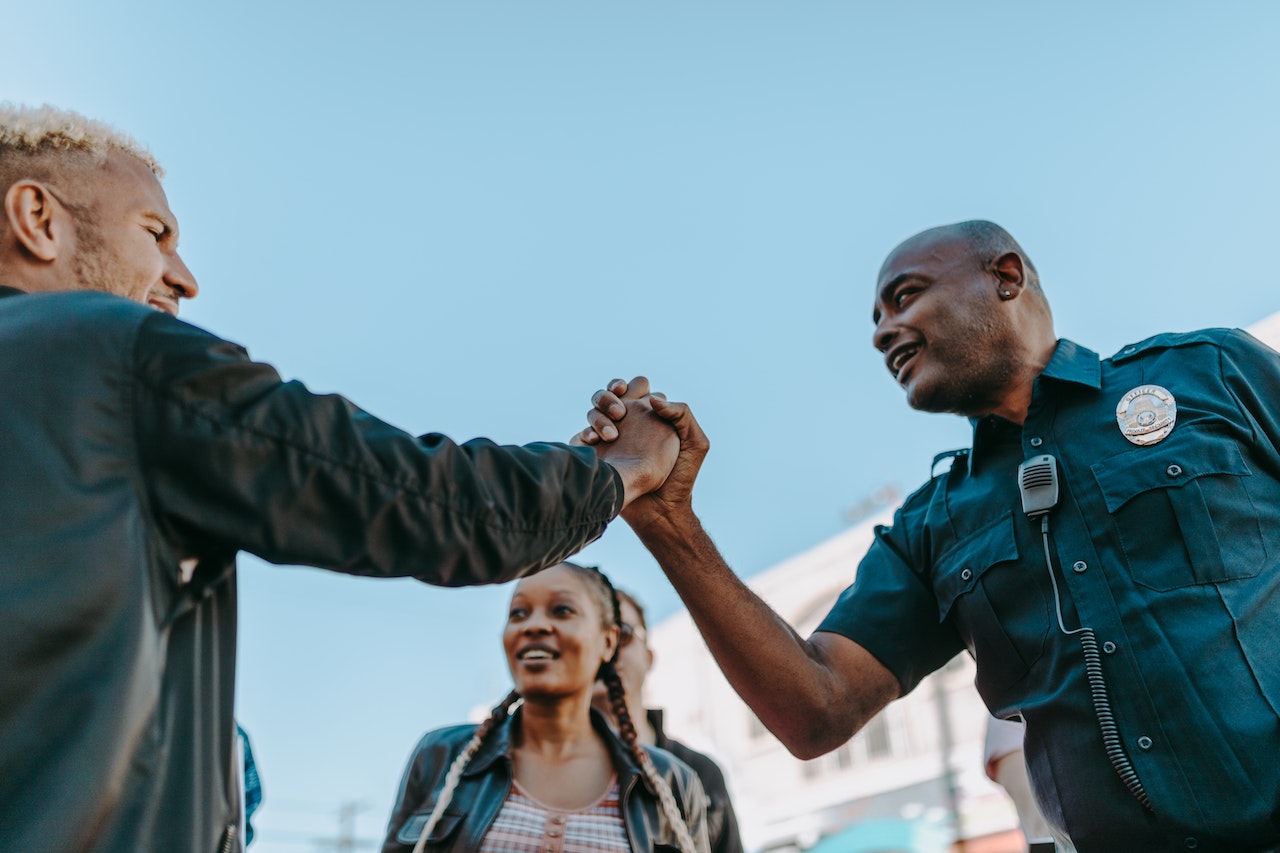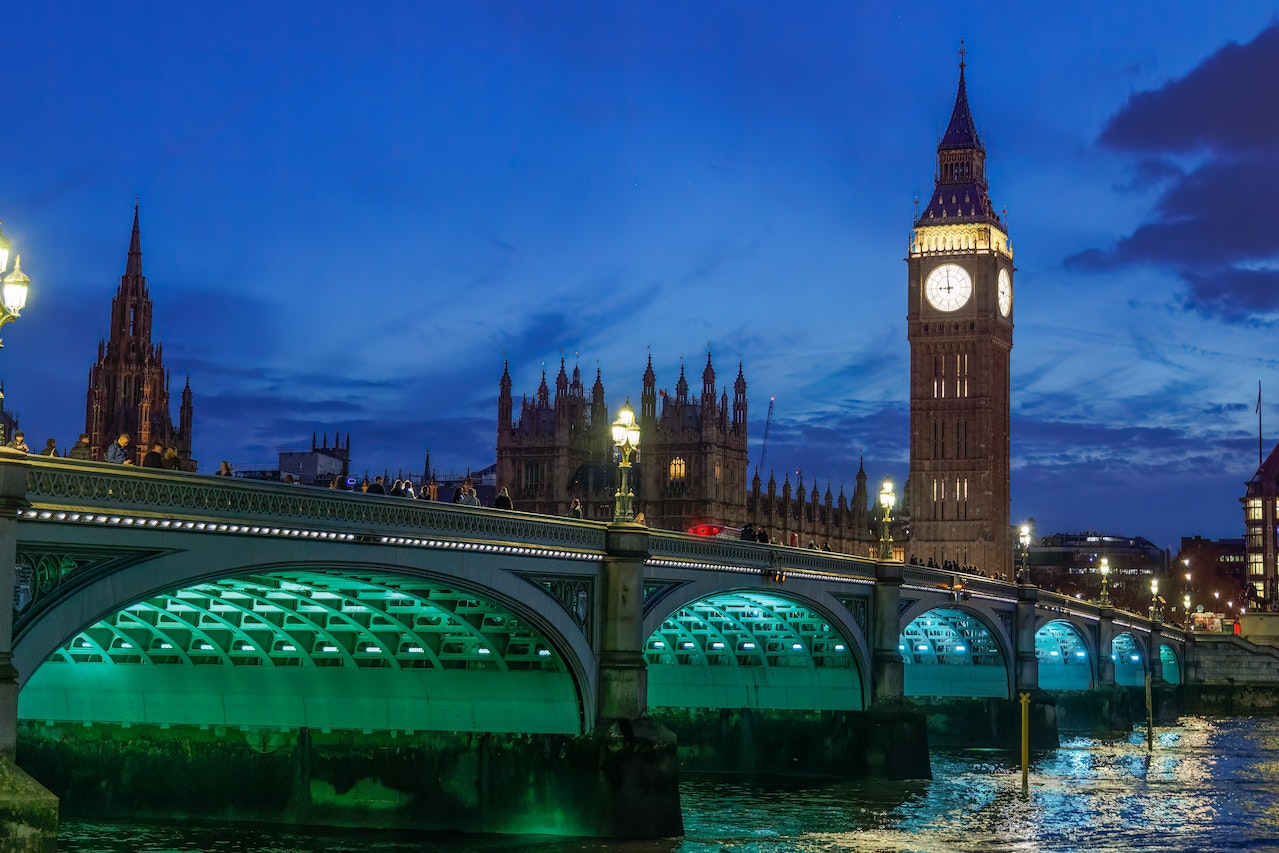Comments
- No comments found

Riots, characterized by civil disorder and collective unrest, pose significant challenges for governments worldwide.
In the face of heightened tensions and social upheaval, effective management is essential to maintain public safety, protect infrastructure, and uphold the rule of law.
The handling of riots requires a balanced approach that addresses immediate challenges while addressing the root causes. By focusing on prevention, community engagement, transparent communication, and long-term solutions, governments can navigate through unrest while fostering a safer, more equitable society. The key lies in striking a delicate balance between maintaining order and addressing citizens' concerns, ensuring a future where collective unrest gives way to constructive dialogue and lasting positive change.
This article explores a multifaceted approach for governments to handle riots, encompassing prevention, response, community engagement, and long-term solutions.

Preventing the ignition of a riot is paramount. Governments must address underlying issues that can trigger social unrest. This involves investment in social programs, education, job opportunities, and poverty reduction strategies. A strong social safety net helps alleviate the conditions that might lead to frustration and discontent.
Effective law enforcement is crucial. Governments must ensure that police forces are well-trained, professional, and equipped to handle escalating situations. The focus should be on de-escalation techniques, crowd control, and respecting citizens' rights while maintaining order.
Open and transparent communication with the public is essential. Governments should keep citizens informed about actions being taken to address their concerns. Transparency builds trust and helps to quell rumors and misinformation, preventing further unrest.
Engaging with affected communities is a pivotal step. Government officials, community leaders, and law enforcement should actively listen to the grievances of citizens, seeking to understand their concerns and frustrations. Constructive dialogue can lead to solutions that address root issues, diffusing tensions before they escalate.
In the event of a riot, restoring order swiftly is crucial. Law enforcement should prioritize minimizing violence, protecting lives, and securing critical infrastructure. Post-riot efforts should focus on rebuilding trust and providing support to affected communities, both economically and socially.
Long-term solutions require addressing the underlying causes of discontent. Governments should collaborate with communities to implement sustainable change. This might involve policy reforms, investment in education and job creation, and efforts to combat systemic inequalities.
Governments can learn from the experiences of other countries. Sharing best practices in handling riots can contribute to more effective crisis management. International cooperation can provide valuable insights and assistance when facing similar challenges.

Having clear and fair legislation is essential. Governments should review existing laws and regulations to ensure they are just and unbiased. Legal frameworks should provide avenues for peaceful protest while maintaining mechanisms to prevent violent unrest.
Bhumesh is the Managing Partner of Corp Comm Legal, an Indian law firm. He is ranked among the Top 100 Indian corporate lawyers. He is advising domestic and foreign companies on M&A, joint ventures, corporate - commercial issues. Besides, he has written a book on Drafting of Commercial Agreements, has a couple of books in pipeline and trains students and professionals on Drafting Skills and corporate laws. He writes regularly on legal, business & other issues and is a guest faculty lecturer with educational institutes. Bhumesh holds a Bachelor of Laws (LLB) from the University of Delhi and a further qualification in International Law and Legal Studies from College of Law, York.
Leave your comments
Post comment as a guest